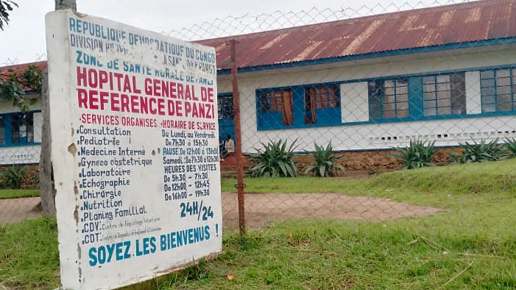A recent outbreak in the remote Panzi district of Kwango Province, Democratic Republic of Congo, has been identified as acute respiratory infections complicated by malaria, according to the World Health Organization (WHO). Since late October, 891 cases and 48 deaths have been reported, with children under five disproportionately affected, representing nearly half of the cases and over half of the deaths.
Laboratory tests revealed that over 60% of rapid diagnostic tests were positive for malaria, specifically the Plasmodium falciparum parasite. Common respiratory viruses, including influenza, were also detected. Preliminary investigations suggest a combination of respiratory infections, malaria, and acute malnutrition has led to severe illness and fatalities. Symptoms include breathing difficulties, anemia, and malnutrition, which increase vulnerability, particularly among young children.
The region faces challenges such as low vaccination coverage, food insecurity, and limited health infrastructure, worsened by the rainy season. Women are also disproportionately affected, possibly due to close caregiving roles. WHO emphasizes the need to strengthen healthcare access and address food insecurity to mitigate the severe impact of these common infectious diseases.







